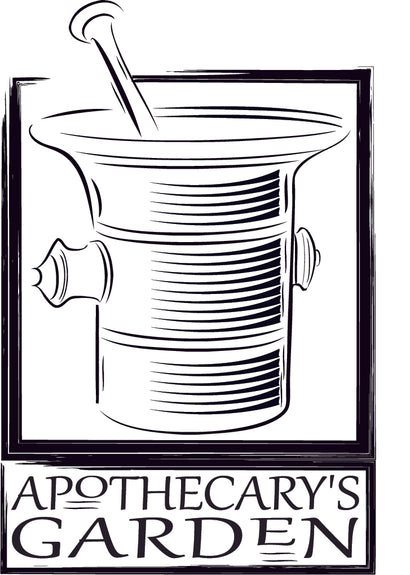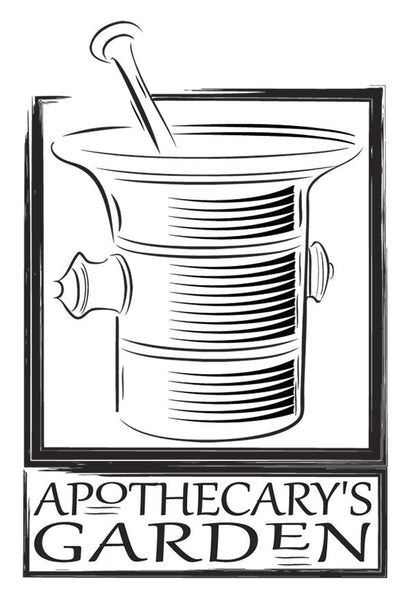U.S. CUSTOMERS: Tariffs are included in the product prices until the situation changes. Click here for more info.
U.S. CUSTOMERS: Tariffs are included in the product prices until the situation changes. Click here for more info.
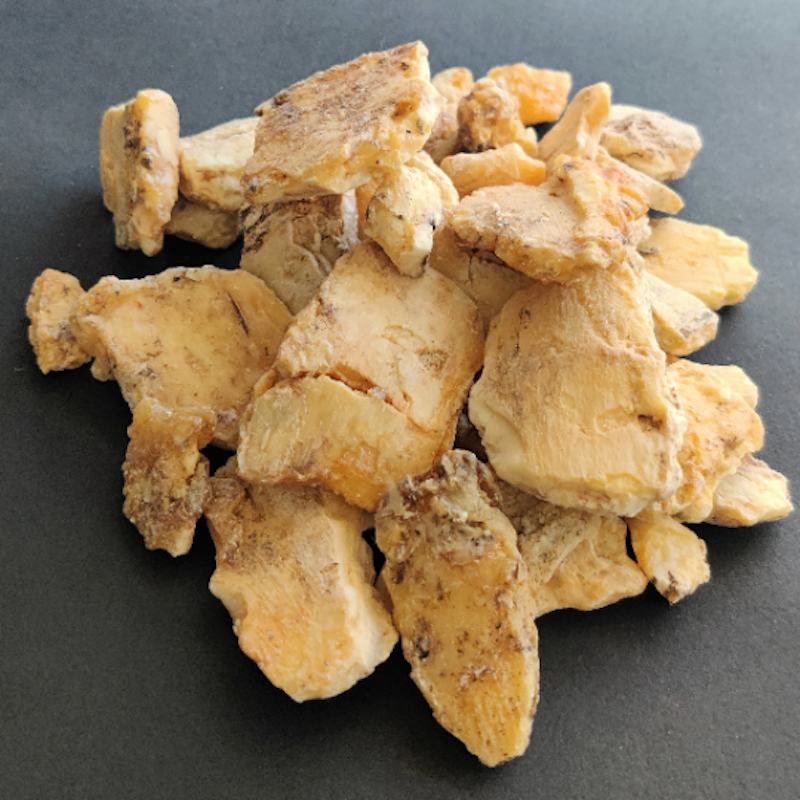
Sumatrana Benzoin-A New sustainable resin for Medicine, Incense and perfume
by Dan Riegler February 05, 2025 5 min read
Sumatrana Benzoin-A unique Benzoin resin now on the International market
Styrax Sumatrana is a type of Benzoin resin that has never been available on the international market. Locally called Kemenyan Toba, the Sumatrana Benzoin tree grows only in a small area of Northern Sumatra and, in the past, was sold exclusively to local markets. It is unique in that it has floral notes that are absent in other Benzoin types, and its collection is an example of small communities working hand in hand with local forests for their mutual benefit.
Benzoin for Medicine, perfume, incense & more
Benzoin is a traditional medicine in many cultures. It is used as an expectorant and wound healer. Like many other tree resins, Benzoin has an affinity with the skin and is used to address dry, chafed, chapped, cracked and rough skin, nipples and heels. It is one of the ingredients in Friars Balsam, a compound tincture used internally for coughs and respiratory irritations and externally for minor wounds. Benzoin is an incense material used worldwide and is usually blended with other ingredients. It is a component in traditional incense formulas of the Orthodox Church and is often found in the “Rock” type Arabian Bakhour bricks. Benzoin resin is used as a flavour ingredient in food, confection, beverages and tobacco products. It is considered an essential ingredient in Oriental-style perfumes and Amber accords. Benzoin extracts are used as preservatives for fixed oils, and many important chemical compounds are derived from Benzoin.
Benzoin resinoid acts as a preservative and fixative in oil-based aromatic products
The peaceful rest fragrance
From an aroma therapeutic perspective, Benzoin is calming, grounding, and uplifting and helps alleviate feelings of anxiety and depression.
In traditional Chinese medicine, the Benzoin resin family is named An Xi Xiang, meaning “The peaceful rest fragrance.”
Surprizing floral notes
When I first smelled this unique Benzoin on the coals, I was reminded of Monastery-type incense blends, many containing Benzoin and rose. The natural presence of these floral notes made me wonder if this resin inspired some of the old Church and Byzantine-era incense blends. Especially considering that Indonesia has been trading its resins with the West for over 2000 years.

Stewards of the forests
Sumatrana Benzoin resin is collected in the local forests by families and communities that have been doing so for generations. This traditional practice goes back hundreds if not thousands of years. The farming families take care of their local forest, replanting trees when needed, and the forest takes care of the farmers by sharing their resin with them and helping them generate an income to sustain their families. It is a sustainable relationship and harvest. A reciprocative relationship.

Poor resource management
This greatly contrasts our Western approach to nature’s resources, which is based on taking as much as possible from the land and giving back as little as possible. (We call it profit). One can quickly see how we have arrived at a global environmental crisis point and why our approach to resource management must change.
A sustainable harvest that maintains biodiversity
In recent years, there has been increasing conflict between local governments and big businesses that cut down forests to plant vast mono-crops, such as timber or palm oil plantations, and communities whose livelihood has always depended on working with forests. In some cases, the corporations win, and farmer families are left without their traditional land rights and income, and in some situations, the farmer’s rights are upheld. Purchasing sustainable forest products such as Benzoin Sumatrana resin directly supports the farmer families that steward the forests and helps maintain healthy biodiversity.

Without a market, farmers are losing interest.
Since this resin has traditionally been sold to dwindling local markets, the farmers do not profit as much as their counterparts in the South who sell their resin (Styrax Benzoin) on the international market. The smaller return has led to a decline in the number of farmers interested and able to carry on the tradition. Many farmers are turning to more mainstream crops, which require clearing of the land and abandoning the old ways of working in harmony with the land.
Will an international market promote healthier land use?
Sumatrana Benzoin farmers believe (As do I) that selling their Benzoin resin on the international market and receiving the same high prices afforded to the mainstream Benzoin resin would incentivize more farmers and families to continue practicing this ancient tradition and beneficial relationship with the forests. A sustainable relationship that benefits the land, forests and the local economy.
One little thing we can do
This post is written to encourage you to explore Sumatrana Benzoin. Whether you buy 1/2 Ounce of resin or powder or want to purchase a wholesale quantity and sell it in your shop, every sale of Benzoin Sumatrana supports healthy land use, healthy communities and sustainable resource management.
If you want to purchase a bulk quantity of this resin at a wholesale price, here is the supplier's contact information.
Septborn specializes in Benzoin Sumatrana and is dedicated to the welfare of the land, the communities and the local traditions. People like you and Septborn can help turn the tide of our Western resource mismanagement and the environmental crisis we have created.
We are so focused on quantity, volume and low cost that we no longer look for quality, ethics or common good. It is time we took care of the land and those who are its stewards. You can find Sumatrana Benzoin in the shop HERE,
Benzoin, AKA Frankincense of Java
The name Benzoin is believed to have developed through centuries of intercultural “Broken Telephone”, much like the children’s game that involves whispering a word or phrase to the person next to you and comparing it with what the last person in the line claims they heard.
When Islam came to Indonesia 700 years ago, it was discovered that the native tribes tapped a tree for its aromatic resin, much like the Frankincense trees back home. This resin was fragrant and used for incense and medicine, and came out of the tree white, just like the Luban or Frankincense of the Arabian cultures. Thus, benzoin received the Arabic name of Luban Jawi, or Frankincense of Java. (Luban is the Arabic name of Frankincense; Luban in Arabic and Levonah in Hebrew both share the same root word, which means “White.”)
When the French encountered this Balsamic resin its name morphed to something more pleasing to the Francophone ear, La Benjawi and later L’Benjoin or Benjoin. The English did not like the ring of it, so they renamed it Gum Benjamin or just Benjamin.
In Africa, Benzoin is still called Luban Jawi, Lubanjah, and one finds many variations on the theme when travelling, such as Benjawi, Lubanji Lubanya, Jawee etc. In Indonesia, the English name of Benzoin is still "Frankincense."
Benzoin is collected by making a single hole in the tree’s bark and then bruising the surrounding area with the butt of the tool. The resin flows and collects under the bruised tissue. When dry, the bark is peeled off, and the resin is collected.
The traditional harvesting methods of Sumatrana Benzoin
In this video, you can view the traditional methods used to harvest Benzoin Sumatrana as Septborn narrates the process.
Dan
Leave a comment
Comments will be approved before showing up.
Also in Apothecary's Garden Blog
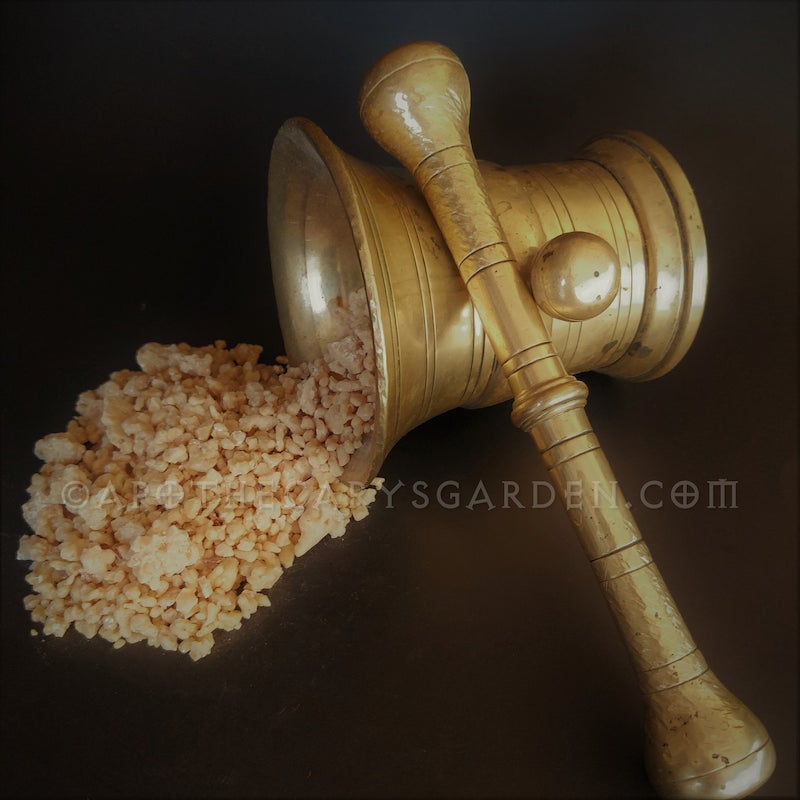
How to make a Frankincense Resin Extract with Boswellic acids
by Dan Riegler February 13, 2025 5 min read
The resin portion of Frankincense contains very valuable therapeutic compounds called Boswellic acids. You won't find them in the water-soluble gum, and you will not find them in the essential oil of Frankincense. We cannot use these resin acids to their fullest extent until we liberate the resin from the gum portion.
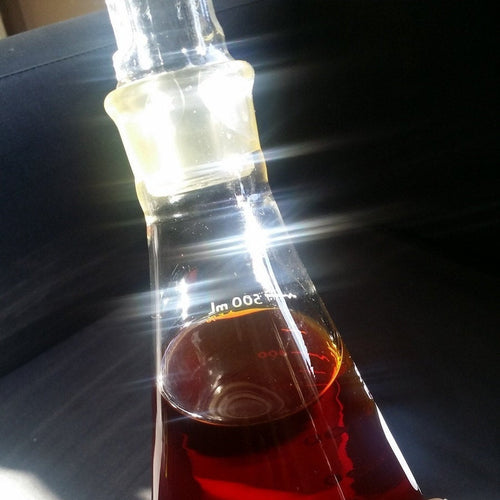
How to make a Medicinal Tincture of Frankincense
by Dan Riegler January 23, 2025 5 min read
There are several ways we can benefit from the anti-inflammatory and anti-cancer resin compounds found in Frankincense resin. A tincture is one of them and an easy product to make at home.
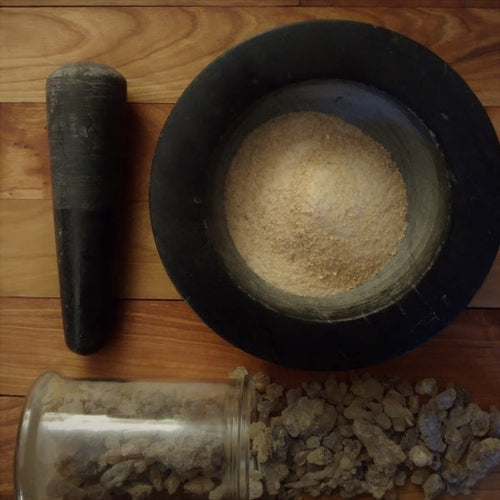
Frankincense as Medicine-Truth, Myth, and Misinformation
by Dan Riegler January 15, 2025 11 min read
The anti-cancer and anti-inflammatory Boswellic acids are not present in the essential oil of Frankincense. They are found only in the solid resin portion of Frankincense, and the only way to benefit from the therapeutic qualities of the Boswellic acids is to utilize the resin.
Recent Articles
-
How to make a Frankincense Resin Extract with Boswellic acids
February 13, 2025
-
Sumatrana Benzoin-A New sustainable resin for Medicine, Incense and perfume
February 05, 2025
-
How to make a Medicinal Tincture of Frankincense
January 23, 2025
-
Frankincense as Medicine-Truth, Myth, and Misinformation
January 15, 2025
-
Sustainable Frankincense from the Samburu women of Kenya
December 04, 2024
-
How to make a Tincture of Myrrh for oral health
November 27, 2024
-
Green Frankincense Demystified
October 04, 2024
-
How to make an oil extract of Frankincense-2 methods
January 17, 2024
-
Suhul Myrrh-A gift from the trees
January 03, 2024
-
How to prepare Winter Medicine with local Tree Resins
December 14, 2023
Categories
- Akba
- Ambergris
- Animal Welfare
- Animalics
- Anti-inflammatory
- Aphrodisiacs
- Aphrodite
- Apothecary Arts
- BA
- Benzoin
- Boswellia
- Boswellia Carterii
- Boswellia Frereana
- Boswellia Neglecta
- Boswellic Acids
- Boswellis Serrata
- burn incense
- cancer
- Censer
- Chest Rub
- Commiphora
- Commiphora Myrrha
- Copal
- Cough Balm
- DIY
- DIY Frankincense extract
- Fair trade
- ferula
- Frankincense
- Frankincense Absolute
- Frankincense as medicine
- Frankincense Extract
- Frankincense Neglecta
- Frankincense Sacra
- Frankincense Tincture
- Frankincense tutorial
- Incense
- Incense burners
- Incense Making
- Incense Resins
- kenya
- Medicated oils
- Medicine chest
- Muscle Rub
- Musks
- Myrrh
- Myrrh tincture
- new
- Perfume
- Perfume Ingredients
- Perfume Making
- Perfumery
- Pine
- Pine Resin
- Resin extract
- Royal Green Hojari
- Sacred Copal
- Samburu
- Spruce Resin
- Suhul Myrrh
- Sultans Select
- Sumatrana Benzoin
- Sustainability
- Sustainable Frankincense
- Sustainable Harvest
- tincture
- Traditional Medicine
- Tree Medicine
- Tree Resins
- Tutorials
- Wildcrafting
- Wood finishes
Where are you Blog posts Dan?
Please bear with me as I rewrite, update and link my old Blog posts to the new shop. If you don't see the tutorial or post you are looking for, pop in periodically. I should have them all up, updated and running in the next few weeks.
Subscribe
Sign up to get the latest on sales, new releases and more …
- Comments
- DISQUS
